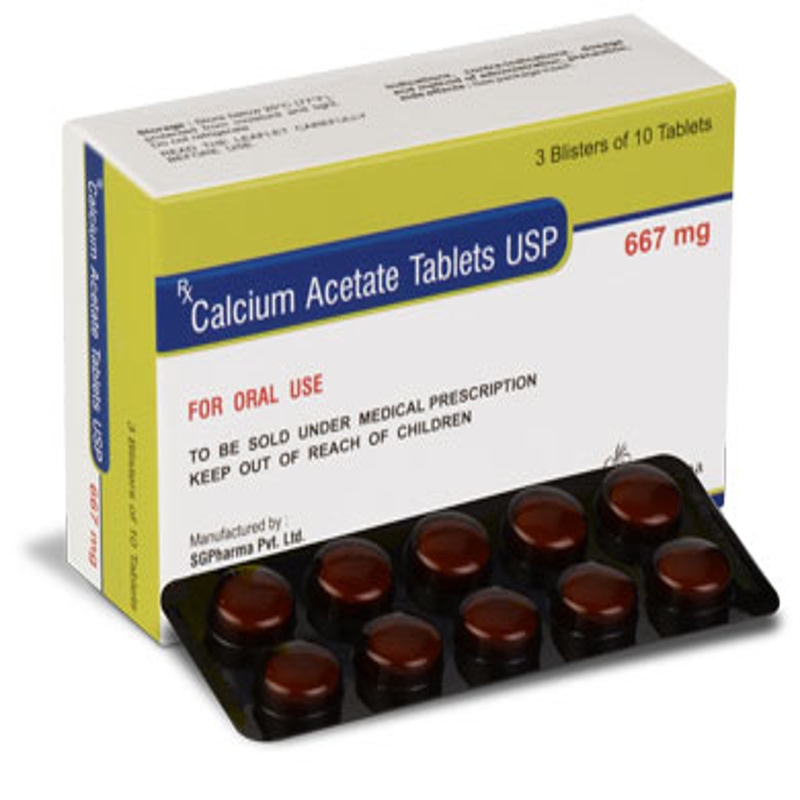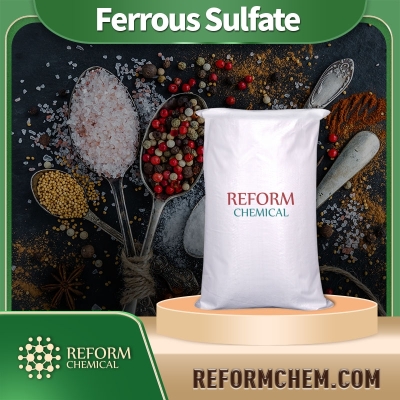-
Categories
-
Pharmaceutical Intermediates
-
Active Pharmaceutical Ingredients
-
Food Additives
- Industrial Coatings
- Agrochemicals
- Dyes and Pigments
- Surfactant
- Flavors and Fragrances
- Chemical Reagents
- Catalyst and Auxiliary
- Natural Products
- Inorganic Chemistry
-
Organic Chemistry
-
Biochemical Engineering
- Analytical Chemistry
-
Cosmetic Ingredient
- Water Treatment Chemical
-
Pharmaceutical Intermediates
Promotion
ECHEMI Mall
Wholesale
Weekly Price
Exhibition
News
-
Trade Service
Article from NEJM Journal Watch A Decade of Remission After Immunotherapy for Chronic Lymphocytic Leukemia Chronic Lymphocytic Leukemia Reaches 10 Years of Remission after Immunotherapy Review by Anthony L.
Komaroff, MD Two Cases of Aggressive CLL Patients Long-term complete remission was achieved after receiving CAR T-cell therapy
.
Cancer immunotherapy has had some exciting short-term victories (NEJM JW Gen Med Jun 16 2015)
.
But how long will these successes last? University of Pennsylvania leads the way in chimeric antigen receptor (CAR) T-cell therapy, with researchers reporting two cases of aggressive chronic lymphocytic leukemia (CLL) among the first patients to receive CAR T-cell therapy The patient has been in remission for 10 years
.
In CAR T-cell therapy, a cancer patient's T cells are engineered in a laboratory dish, and the engineered T cells contain receptors that bind to specific antigens on the patient's tumor cells
.
The engineered "personalized" CAR T cells are then grown in large numbers and infused back into the patient, where they bind, attack and destroy tumor cells
.
Two patients with aggressive CLL who received CAR T-cell therapy 10 years ago are still alive and have no evidence of residual leukemia cells
.
They had persistent CD4+ CAR T cell populations that remained functionally active, able to attack relapsed leukemia cells and maintain complete remission, with no apparent adverse effects
.
Comments CAR T-cell therapy has achieved complete remission at 10 years in at least two patients with aggressive CLL
.
The most likely reason is that the CAR T cell population is still alive and able to recognize and clear leukemia cells
.
Reviewed article Melenhorst JJ et al.
Decade-long leukaemia remissions with persistence of CD4+ CAR T cells.
Nature 2022 Feb 2; [e-pub].
(https://doi.
org/10.
1038/s41586-021-04390-6 ) Related readings NEJM Journal Watch NEJM Journal Watch (NEJM Journal Watch) is published by the NEJM Group.
It invites internationally renowned doctors to comment on important papers in the medical field and helps doctors understand and apply the latest developments
.
"NEJM Frontiers of Medicine" translates several articles every week, publishes them on the app and official website, and selects 2-3 articles and publishes them on WeChat
.
Copyright Information This article was translated, written or commissioned by the NEJM Frontiers in Medicine, jointly created by Jiahui Medical Research and Education Group (J-Med) and The New England Journal of Medicine (NEJM)
.
The full text of the Chinese translation and the included figures are exclusively authorized by the NEJM Group
.
If you want to reprint, please leave a message or contact nejmqianyan@nejmqianyan.
cn
.
Unauthorized translation is an infringement, and the copyright owner reserves the right to pursue legal responsibility
.
Komaroff, MD Two Cases of Aggressive CLL Patients Long-term complete remission was achieved after receiving CAR T-cell therapy
.
Cancer immunotherapy has had some exciting short-term victories (NEJM JW Gen Med Jun 16 2015)
.
But how long will these successes last? University of Pennsylvania leads the way in chimeric antigen receptor (CAR) T-cell therapy, with researchers reporting two cases of aggressive chronic lymphocytic leukemia (CLL) among the first patients to receive CAR T-cell therapy The patient has been in remission for 10 years
.
In CAR T-cell therapy, a cancer patient's T cells are engineered in a laboratory dish, and the engineered T cells contain receptors that bind to specific antigens on the patient's tumor cells
.
The engineered "personalized" CAR T cells are then grown in large numbers and infused back into the patient, where they bind, attack and destroy tumor cells
.
Two patients with aggressive CLL who received CAR T-cell therapy 10 years ago are still alive and have no evidence of residual leukemia cells
.
They had persistent CD4+ CAR T cell populations that remained functionally active, able to attack relapsed leukemia cells and maintain complete remission, with no apparent adverse effects
.
Comments CAR T-cell therapy has achieved complete remission at 10 years in at least two patients with aggressive CLL
.
The most likely reason is that the CAR T cell population is still alive and able to recognize and clear leukemia cells
.
Reviewed article Melenhorst JJ et al.
Decade-long leukaemia remissions with persistence of CD4+ CAR T cells.
Nature 2022 Feb 2; [e-pub].
(https://doi.
org/10.
1038/s41586-021-04390-6 ) Related readings NEJM Journal Watch NEJM Journal Watch (NEJM Journal Watch) is published by the NEJM Group.
It invites internationally renowned doctors to comment on important papers in the medical field and helps doctors understand and apply the latest developments
.
"NEJM Frontiers of Medicine" translates several articles every week, publishes them on the app and official website, and selects 2-3 articles and publishes them on WeChat
.
Copyright Information This article was translated, written or commissioned by the NEJM Frontiers in Medicine, jointly created by Jiahui Medical Research and Education Group (J-Med) and The New England Journal of Medicine (NEJM)
.
The full text of the Chinese translation and the included figures are exclusively authorized by the NEJM Group
.
If you want to reprint, please leave a message or contact nejmqianyan@nejmqianyan.
cn
.
Unauthorized translation is an infringement, and the copyright owner reserves the right to pursue legal responsibility
.







